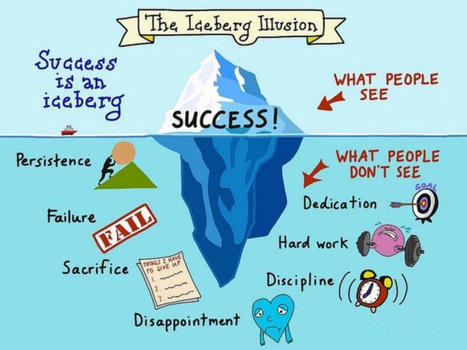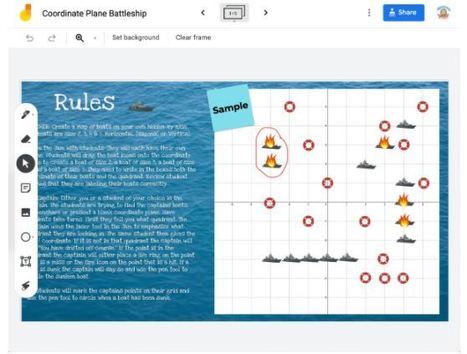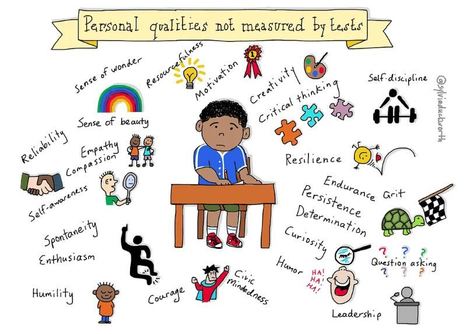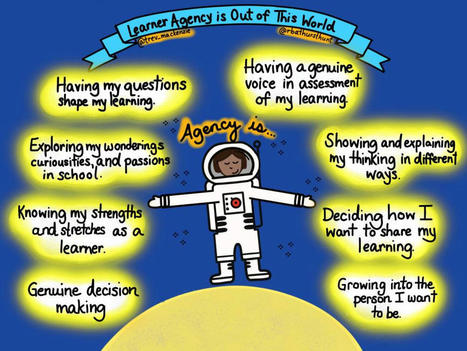"So why the scorn for testing children? How else will we know if they’re learning?
That a test–at least the standardized tests we give in schools today–represents only a narrow snapshot of a child’s abilities isn’t a new proposition. That they promote reductive views of intelligence, mislead families and communities, and are often punitive for teachers and students alike also isn’t new, which is where this image by @sylviaduckworth comes in.
The graphic is based on the idea of personality qualities, rather than the content knowledge and academic skills measured by most standardized testing today., that are beyond the reach of testing today. There are many potential takeaways here, so let’s document a few in the form of a question:
What do we test today and why?
Why should we be testing and why?
Are tests the best way to measure learning?"
Via
John Evans






 Your new post is loading...
Your new post is loading...































Another important article from
Abstract:
"This study examines culturally responsive pedagogy across the fields of special education, multicultural literacy education, and teaching English language learners. A systematic review of recommendations identified culturally responsive practices in five key areas: dialogue, collaboration, visual representation, explicit instruction, and inquiry. Educators are encouraged to adopt a critical and responsive stance that incorporates students' cultural knowledge and lived experiences when implementing these recommendations. Creating classrooms that promote culturally responsive and effective instruction is grounded in the definition of literacy as a social practice and leads to more equitable learning opportunities in all areas."